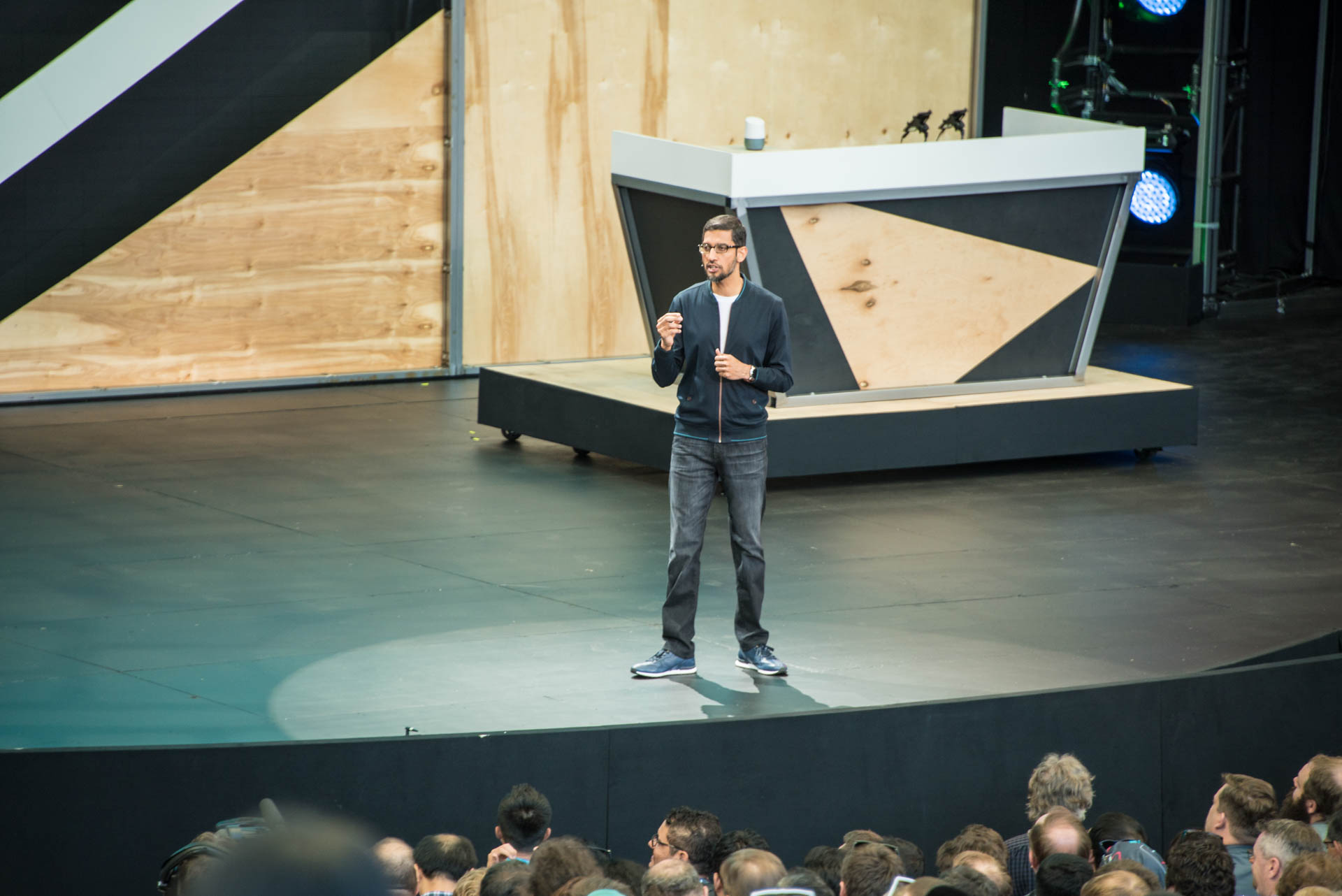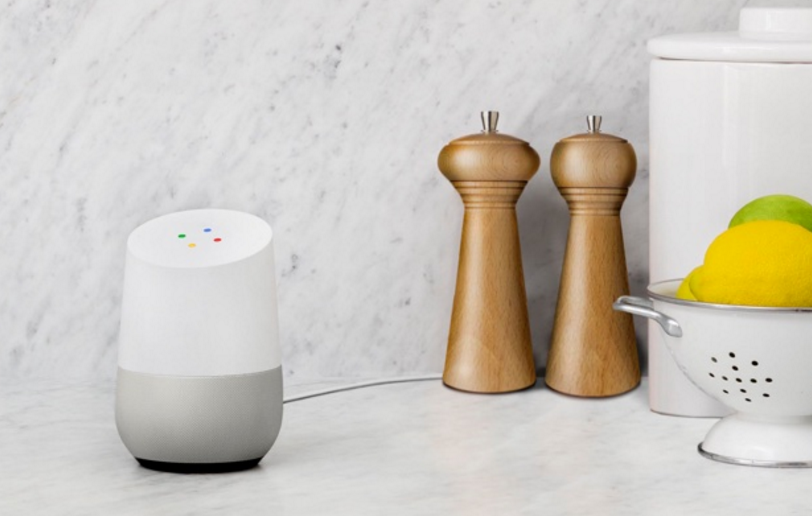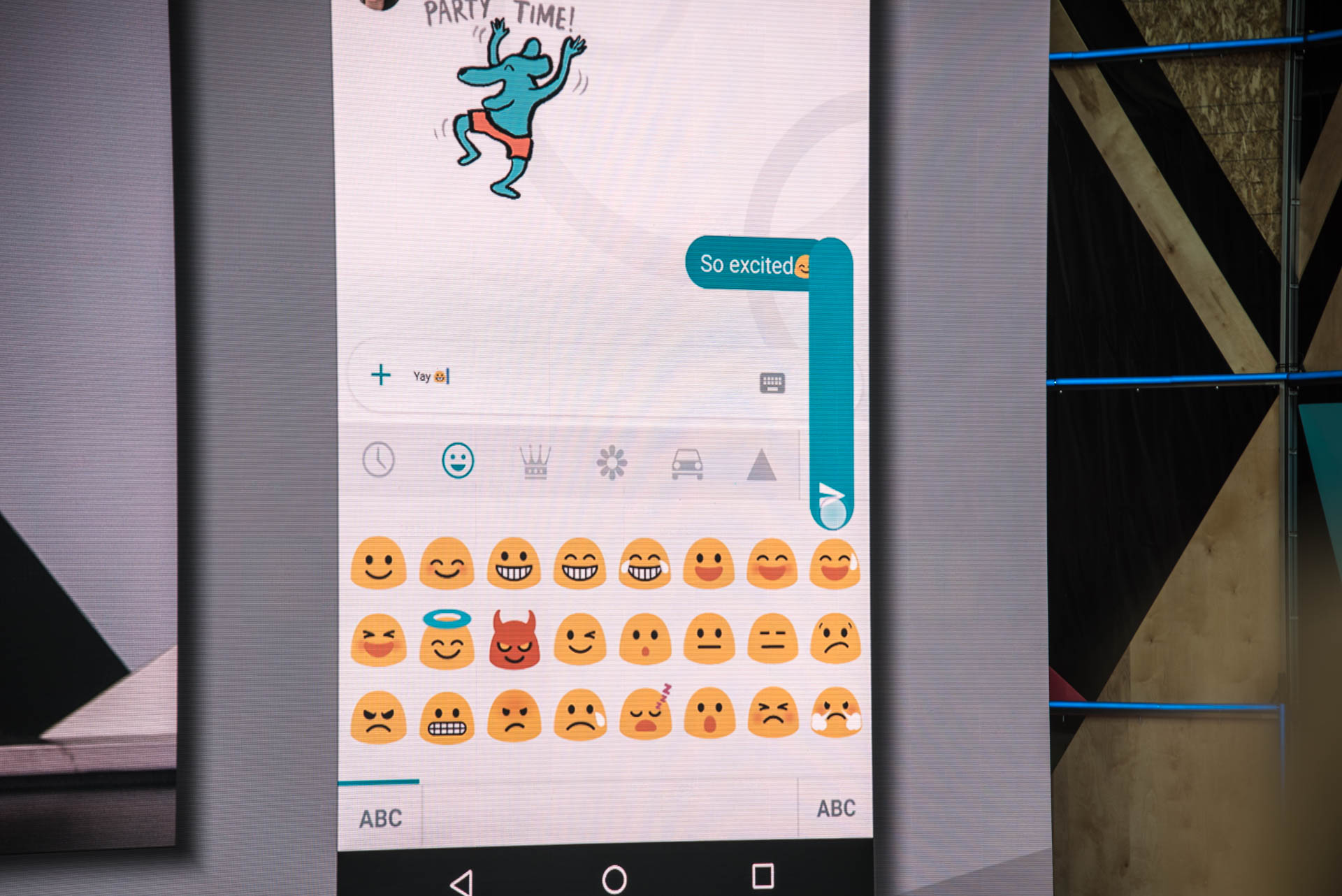Google’s Play For Your Heart And Mind: Google Assistant And Google Home
It was unsurprising to see Google announce new technology and products that will ingratiate it further into our lives. At Google I/O today, the company announced Google Assistant and Google Home. The former is an enhancement to Google’s AI personal assistant technology, and Google Home will be a physical product that leverages that technology.
So, basically, Google wants to beat Siri and Cortana, as well as Amazon’s Alexa.
Google Assistant
Google didn’t delve into the technical specifics of how Google Assistant is different from Google Now, but CEO Sundar Pichai talked about how its work in machine learning has made it possible. He explained how Google’s goal is not just to understand context, as deep learning does, but specifically the personal context of each individual user. Your context, as it were, designed to be an ongoing, two-way dialog between you and Google. As Pichai said, the goal is “...building each user their own individual Google.”
As an example on stage, Pichai showed how you could ask Google (as in out loud, with your voice) questions such as, “Who directed The Revenant?” Google will surface the name of the director, but then you can ask, “What awards did he win,” and it will understand that you want to learn more about Alejandro González Iñárritu.
On the subject of movies, if you want to see one, you can pull up local movie listings and then say something like, “We want to bring the kids this time,” and Google Assistant will understand that you need PG-rated films only and will filter what it surfaces for you. You can take the options and say, “Sure, let’s do [X],” and Assistant will book your tickets for you, and tell you that you’re good to go.
“We’re an order of magnitude ahead of everyone else,” boasted Pichai.
He went on to say that Google Assistant is not just for phones; it will be on your wrist (Android Wear) and in your car (Android Auto)--and in your living room. He called Google Assistant an “ambient” experience (which sounds like a term a team at Google spend weeks workshopping).
Get Tom's Hardware's best news and in-depth reviews, straight to your inbox.
Google Home Invasion
To capitalize on both the prevalence of Google’s Chromecast devices (both audio and video, 25 million of them according to Google) and Google Cast technology, the company is developing a unifying device called Google Home.
Simply put, it’s a small device. With no buttons. The design is smooth, with a concave bowl at the top that houses four Google-colored LEDs. The bottom part hides a speaker and mics. You can control the device with just your voice, and Google claimed that it will recognize the voices of multiple members of a household, and it uses far-field voice recognition technology.
You can use it to stream music from the cloud or via Google Cast to multiple rooms, but with Google Assistant on board, you can talk with it to manage tasks (“What day is it?,” “What meetings do I have?,” “Where is my package?,” and so on). Over time, Assistant will enable Home to “get to know you.” Creepy, maybe, but certainly powerful. It will understand your travel itineraries, schedules, and so on. And it’s designed to integrate with smart home applications, such as timers and alarms and the like, including Google-owned Nest. Google Search is built in.
Heard It Before?
Google seems to be following here, at least to an extent. Yes, it’s wisely unifying much of its IP into one big service--Google Assistant, empowered by its preexisting Cast, Auto, Wear, Chromecast, etc.--but nothing the company announced is entirely unique.
Home is Amazon’s Echo and Alexa. Microsoft announced its own enhanced contextual understanding with Cortana at Build 2016. And so on.
Even Google's new Allo messenger app seems to have cribbed ideas from Facebook Chat (the resize capability of text and emoticons) and Microsoft’s Skype (contextual one-to-one chats and results with your AI).
That’s not necessarily a knock on Google; as we learned from Android, “first” is nice, but following up with something excellent is arguably more important.
One thing we noticed from Google’s eye-candy presentations of all the above, in any case, is that we’re entering a time where simple, clean UI is giving way to--well, to something else. True, using just your voice for commands and search is just about the least intrusive UI possible, but anything on a screen--such as chatting with Allo--is laden with data that we’ll have to learn to recognize and use at a glance, which will take some getting used to.
All of the above points to the continuation of another trend in both the mobile and PC markets: Vertical integration is the name of the game.
Seth Colaner is the News Director for Tom's Hardware. Follow him on Twitter @SethColaner. Follow us on Facebook, Google+, RSS, Twitter and YouTube.
Seth Colaner previously served as News Director at Tom's Hardware. He covered technology news, focusing on keyboards, virtual reality, and wearables.



